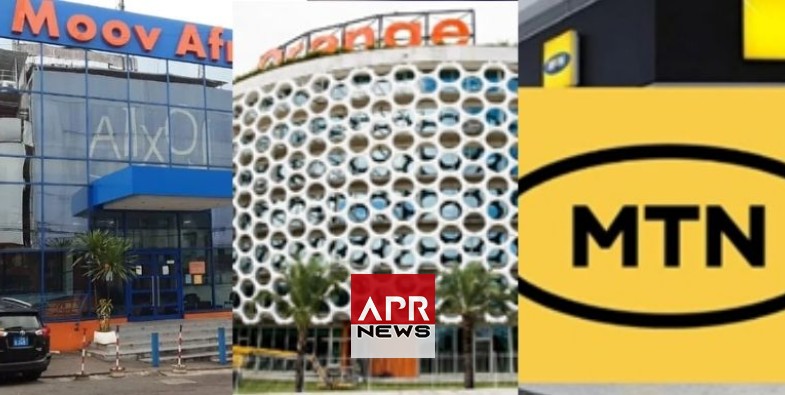You are here
Back to topAPRNEWS : Allegedly expensive mobile data in Côte d'Ivoire: Putting things into perspective

APRNEWS : Allegedly expensive mobile data in Côte d'Ivoire: Putting things into perspective
APRNEWS - Whether as a means of exerting pressure for ideological, political, economic or social ends, boycotts are part and parcel of contemporary citizen and activist movements. A long-standing means of popular protest, it is now enjoying a remarkable revival, particularly in the consumer sphere. However, its vocation is often betrayed when it is used as a means of settling personal scores. That said, while boycotts may seem easy and inexpensive to implement, their success depends on many factors. This makes it a double-edged sword.
The boycott is the basis of a moral code in action, capable of concrete expression and embodied in everyone's daily life. The aim of this collective refusal is to retaliate or put pressure on the target to meet a specific demand. But the fundamental question is whether the reasons for calling for a boycott are still reasonable and relevant. What is the real purpose of the Ivorian MP's call for a boycott of mobile phone products? These questions are all the more justified given that any call for collective protest action may in fact constitute an unnecessarily nasty public provocation to discriminate against one or more companies of the same kind.
Critics of boycotts, particularly economic boycotts, sometimes rightly focus on their singular effectiveness. Either they deny it and attribute to the boycott an impact so marginal that it cannot be taken into consideration; or they acknowledge it, but then present it as a double-edged sword, capable of turning against those it is supposed to defend. In truth, these days boycotts tend to take the form of one-off, symbolic events. All too often, they arouse a feeling of absurdity in some people, and fear in others: what convictions or what kinds of representations underpin these often very clear-cut positions? It is reasonable to ask, then, what is the real value and purpose of the Honourable Assalé Tiemoko's call for a boycott?
To respond effectively, we need to analyse this call in the light of Ivorian sociodynamics. In terms of the way our society functions, the boycott is perceived as a mode of action that is very weakly anchored in our "repertoire of political and economic action". And, not least, mobile telephony is more of an economic than an ideological issue under our skies. Boycotts are often entirely individual and, even when there is a collective boycott movement, it does not involve a physical grouping of individuals. The reality is that the act of boycotting is not visible, since it is in fact a non-action (not buying). The boycott, in this articulation of the collective and the individual, is quite unique in its kind: the mobilisation takes place at a distance, with everyone acting entrenched in the domestic sphere. All in all, without passing judgement on the validity of the reasons given by Assalé Tiemoko in support of his action, we can say that his call for a boycott was not at all successful. That said, beyond all our conjectures on the relevance of the boycott or not, it seems necessary to carry out a more objective analysis.
The debate on mobile data in Côte d'Ivoire needs to be dispassionate, and reality needs to be looked at sympathetically, because passions are the opposite of the fatherland. We must therefore be cautious in our judgements on this particularly sensitive issue.
Data from the Ivorian context confirms that the development of mobile telephony has so far had a driving effect on economic growth. There is also evidence to suggest that the use of mobile telephony for social reasons is of considerable economic importance, particularly in terms of reducing vulnerability. Today's mobile phone user can establish permanent contact with his or her family thanks to mobile telephony, just as he or she now has the possibility of making money transfers, for the urgent settlement of certain difficulties.
Generally speaking, technology, the indicator of the progress of a civilisation, is the driving force behind development in a world of increasingly complex constraints. Together with innovation, it forms a virtuous circle geared towards meeting people's needs. This is why, very quickly, in line with an inevitable consumerist business plan, mobile phone operators in Côte d'Ivoire have, at great financial sacrifice, expanded the horizons of a world that has become a market with countless customers. For most of us, the telephone has become a solution that enables us to keep in touch with our friends and family via the internet (by email or social networks), as well as maintaining our web shop, a veritable online sales platform, for example. The telephone is also an omniscient research tool with almost infinite uses. What can we say about geolocation technology and geoguidance applications, the use of which has enabled us to conquer huge areas of the market? The telephone now occupies a central place in our lives.
To make life easier for us, economic operators are making investments on an unprecedented scale: huge costs to import and install new technologies, substantial funding for substantial technological reforms with a view to offering us a new experience and thus overturning our relationship with the now global and immediate market economy. In addition, with the exponential growth in data exchanges via mobile phones, standards for securing exchanges and data have been imposed, in a more pragmatic way, by players in the sector wishing to reassure their customers. Biometric recognition, the protection of transactions by SMS or email activation codes, and the permanent backup of sensitive data by cloud systems, for example, are all almost invisible technologies developed with the aim of securing a market and its customers, and thus enabling economic growth. In this singular panoply of benefits, we can also mention direct payment by smartphone, via the NFC protocol, a high-impact technology enabling the dematerialisation of monetary exchanges and therefore replacing cash as well as any other method of payment (cheque, money order, etc.).
The past and present are rich in technological innovations, and the future promises products that meet future needs and desires. Tomorrow's mobile telephony, the guarantee of a high-tech city thanks to the telephone operators, responding to our thirst for original solutions to problems that are not yet fully understood, will be the project of tomorrow's constantly evolving industry, seeking as much to amaze us as to reassure us as users of mobile telephony services. The mobile business market is being reinvented every day by mobile operators; technological innovation in the service of mobile business transcends usages, because it responds to them and can create them.
By Jean Clotaire Tétiali







